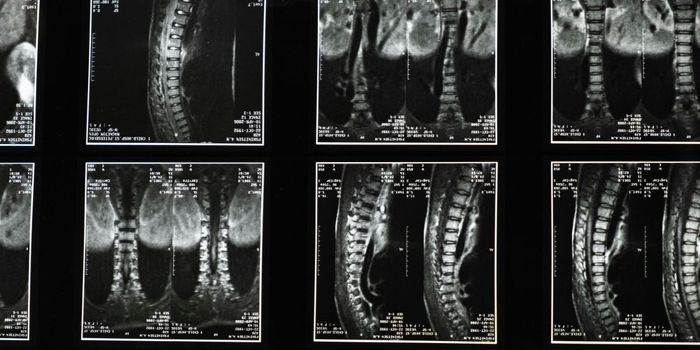Fighting Cognitive Decline
Researchers examined genetic and life course factors that may contribute to a “cognitive reserve” that protects against neurodegenerative disease. The team of researchers associated with the American Academy of Neurology found that intellectual, social and physical activities lessen the risk of cognitive decline and dementia and published the findings in Neurology.
The study involved 1,184 people who were born in 1946 in the United Kingdom. The participants took two cognitive tests: one when they were eight years old and another when they were 69 years old. A cognitive reserve index consisted of educational level at age 26, hobby and fitness activities at age 43 and career highlights up to age 53. Reading ability at age 53 served as a measure of lifelong learning.
Participating in clubs, religious groups, sports, or artistic activities helped participants reduce cognitive deterioration. Educational attainment, occupation and reading ability also had positive impacts on the brain’s cognitive reserve. Previous studies have indicated that individuals with low childhood cognitive test scores are at greater risk of cognitive decline in old age than people with high childhood scores. However, the findings suggest individuals all individuals can also enhance brain reserve through lifelong learning no matter how they scored in childhood. According to study author Dorina Cadar, PhD, “It’s heartening to find that building up one’s cognitive reserve may offset the negative influence of low childhood cognition for people who might not have benefited from an enriching childhood and offer stronger mental resilience until later in life.” Medical professionals should encourage patients to engage in different types of mental, social, and intellectual activities.
People with postsecondary education scored 1.22 points more on average than those with no formal education. The people who more frequently engaged in activities like volunteer work or gardening scored 1.53 points more on average than people who participated in s less. Those in professional or intermediate occupations scored 1.5 points more on average than those in less skilled or unskilled jobs.
Other recent research studies have pointed out the influence of food quality on brain health. A study followed 10,000 Brazilians for ten years and found a connection between processed food and cognitive decline. The average age of study participants was 52, and their diet consisted of a significant amount of ultra-processed food. The study showed those who ate overly processed food had a 28% faster rate of global cognitive decline and 25% faster rate of executive function decline compared to those who ate the least amount of processed food.
Sources: Eureka News Alert, Neurology








